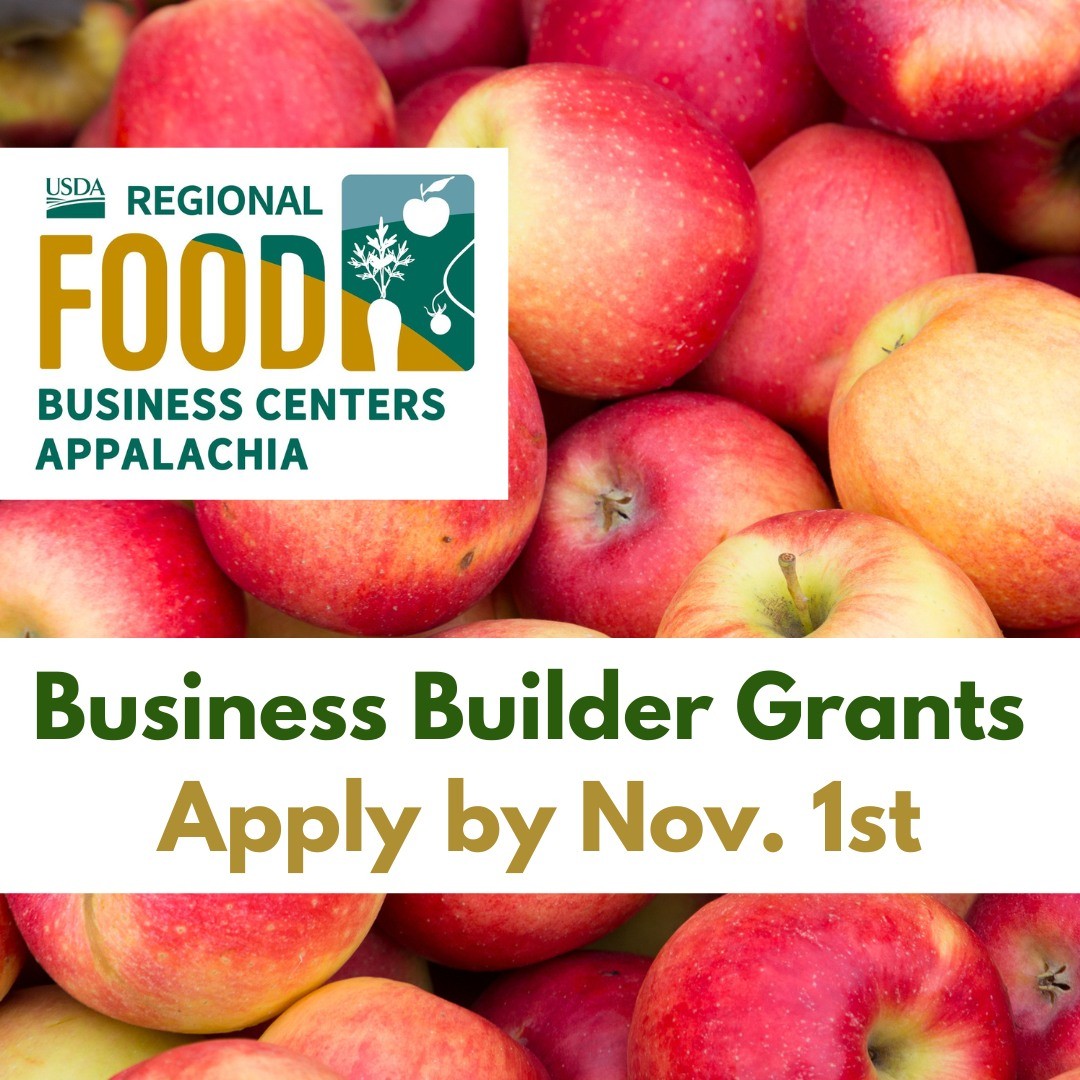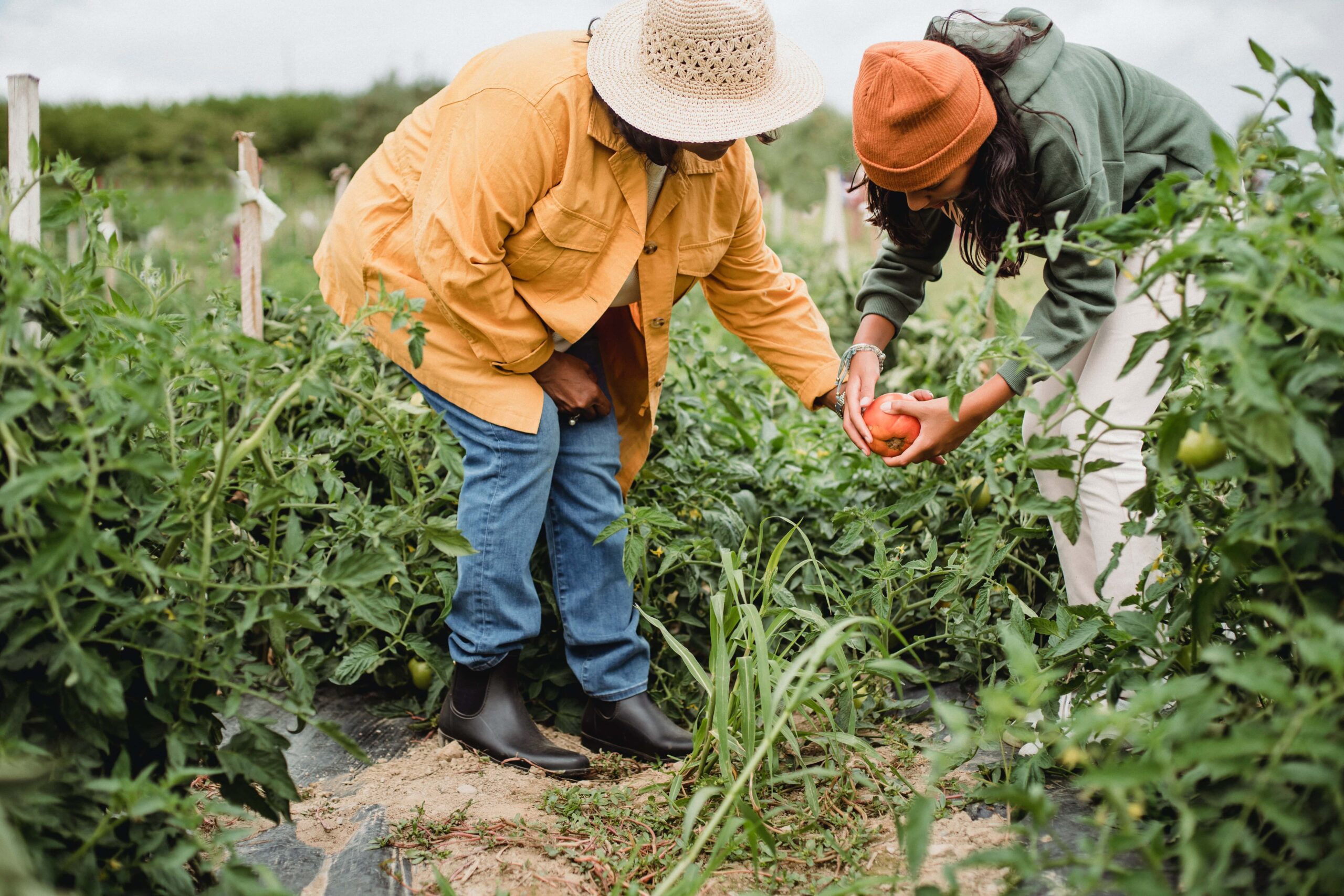
At Agrarian Trust, we’re taking stock, planning for the future, and building a base of support to sustain the Agrarian Commons–the many diverse land-holding communities we are so honored work with–for many seasons to come.
We’ve been busy! Last year, we received a historic USDA Increasing Land Access grant, hired new leadership, and raised more than $200,000 for land projects. We’ve seen some hard times too, as unexpected challenges invited us to adapt and create a more resilient commons. Throughout it all, we have seen our vision of community land ownership being met with truly inspiring levels of support.
There is still a lot that needs to be done. Across the country, farmers and their communities are imagining a common future, one where communities—not corporations or absentee landlords—hold land for the benefit of farmers and the Earth. As the need for support for community land ownership continues to grow, the work of the Agrarian Commons is more important than ever.
We invite you to give to help grow community-held farms across the U.S. If your region isn’t home to an Agrarian Commons, the next community to benefit could be yours! This year, we’ll expand our work to at least five new communities.
Our team does everything from collaborating with Agrarian Commons boards to develop bylaws, to connecting aspiring farmers with land, to managing the legal and financial aspects of community land stewardship, to organizing campaigns to raise funds for community-held farmland. The Agrarian Commons lead the direction and scope of their work locally and rely on our national team to provide support as they get started and build a foundation to be self-sustaining.
A new year is always a good time to remind ourselves of the principles that guide our work:
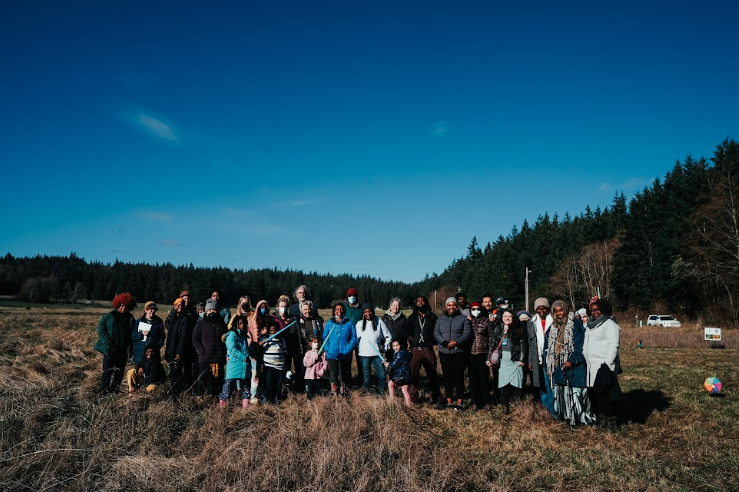
Racial equity and the just transition of land
-
Prioritizing projects that create opportunities for land access and secure tenure that benefit dispossessed people and communities,
-
Uplifting land justice work centered on reparations, healing, and land return to meaningfully address the legacies of colonialism and slavery, and
-
Supporting reconnection to land, wealth creation, and mutual care.
Equity and dignity for farmers
-
Creating opportunities for affordable access to land and infrastructure for farmers of diverse backgrounds,
-
Ensuring secure land tenure through transparent and fair lease agreements that allow farmers and land stewards to build financial equity through ownership of houses or other infrastructure, and
-
Supporting the self-determination of farmers through representation on local commons boards.
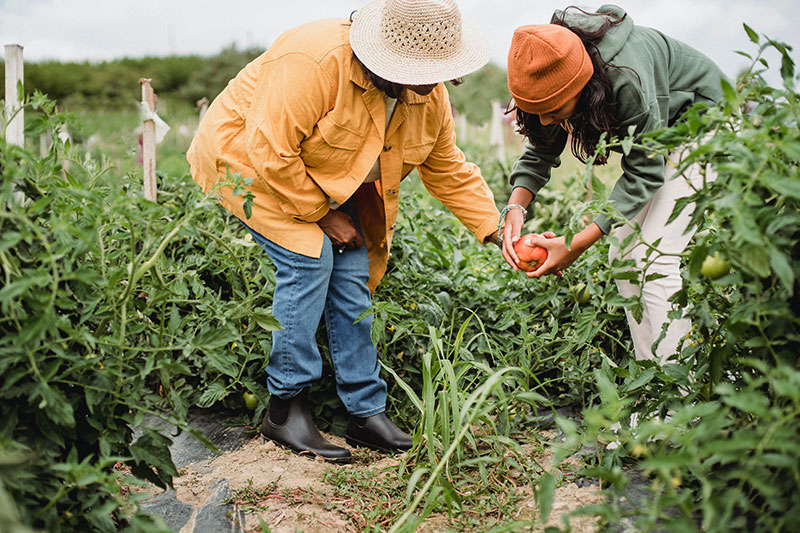
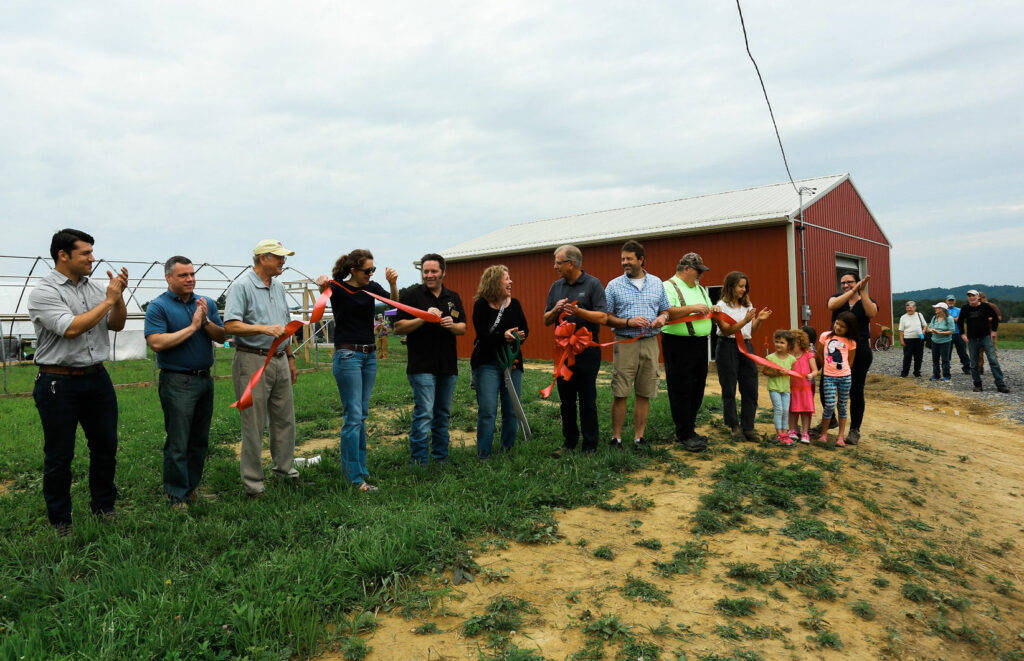
The commons
-
Transitioning land from private ownership to local, community-governed commons,
-
Collectively stewarding land, water, soil, and ecosystems for the benefit of all people and species, now and into the future, and
-
Freely sharing knowledge and information to support and inspire others in developing alternative approaches to holding land in common.
Community food sovereignty
-
Pursuing locally rooted land projects that strengthen regional food systems with community-led governance,
-
Supporting farmers and land stewards invested in providing fresh, healthy food affordably for their local communities, and
-
Cultivating resilience through diverse land stewardship practices that incorporate culturally important, nutritious, and climate-adapted varieties of plants and animals.
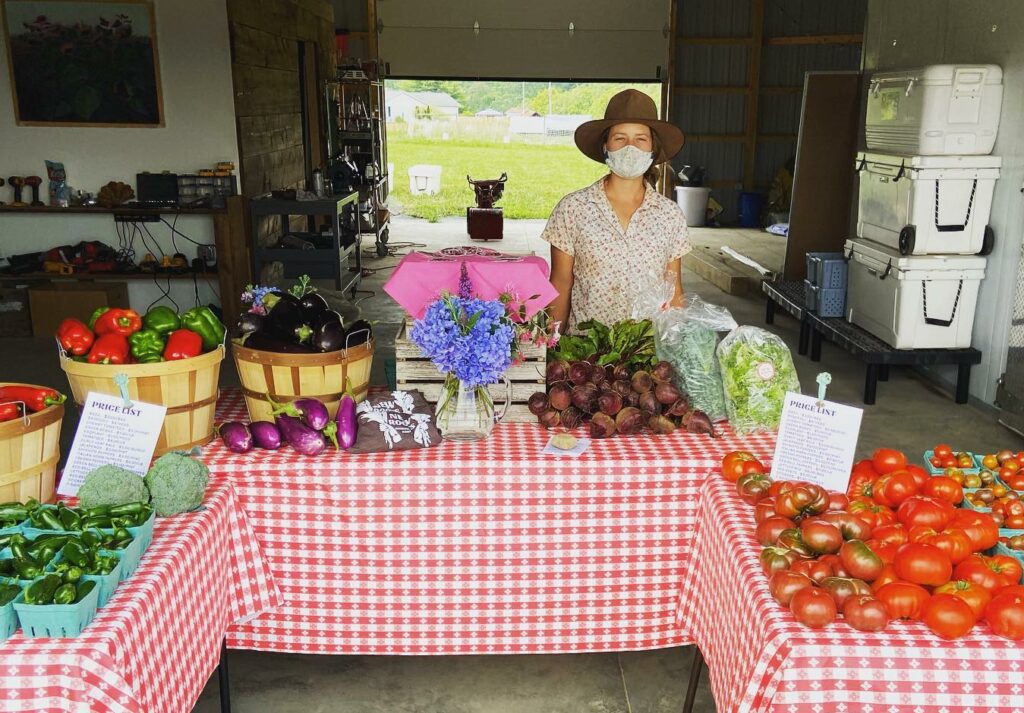

Openness, listening, and collaboration
-
Respectfully tracing the roots of our work and principles to variety of diverse perspectives, including Indigenous, Black, and feminist activists, abolitionists, visionaries, revolutionaries, and land reform movements,
-
Acknowledging that our work creating alternative models for land ownership is a radical solution that operates within the constraints of existing, and harmful, legal frameworks, and
-
Seeking to evolve new ways of stewarding and governing land in partnership with the many individuals and organizations who share the goal of changing the way land is held.
Agrarian land use
-
Keeping farmland in active use by farmers and stewards who provide food, fiber, and medicine to their communities,
-
Ensuring affordable and secure access and tenure, and
-
Using community-centered land ownership to decommodify land and remove the threat of development, speculation, and corporate ownership.
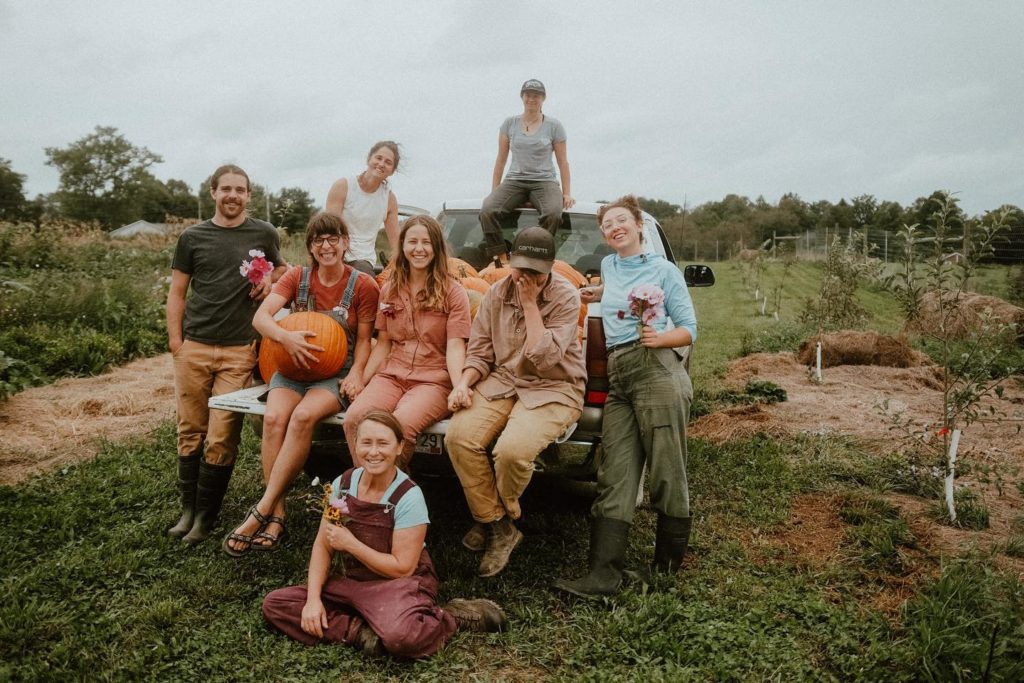
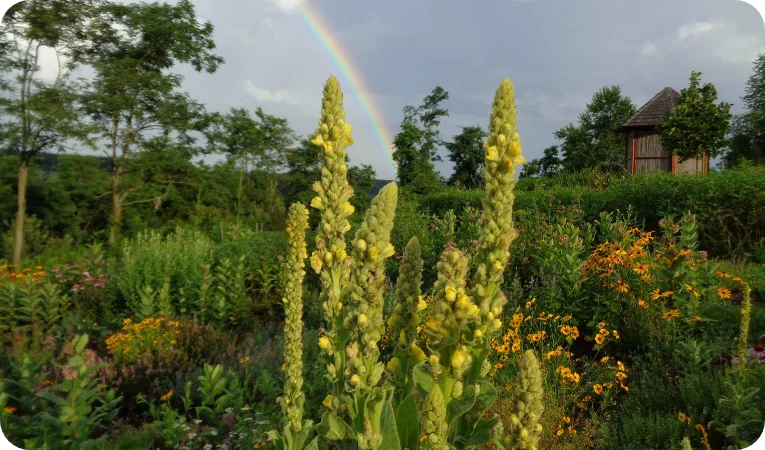
Agroecological and regenerative practices
-
Recognizing the inherent value and interconnectedness of land, water, people, and all living beings,
-
Facilitating farming practices that leave the whole farm ecosystem healthier year-to-year, and
-
Protecting farmland from damage and extraction so the earth can continue to care for future generations.


